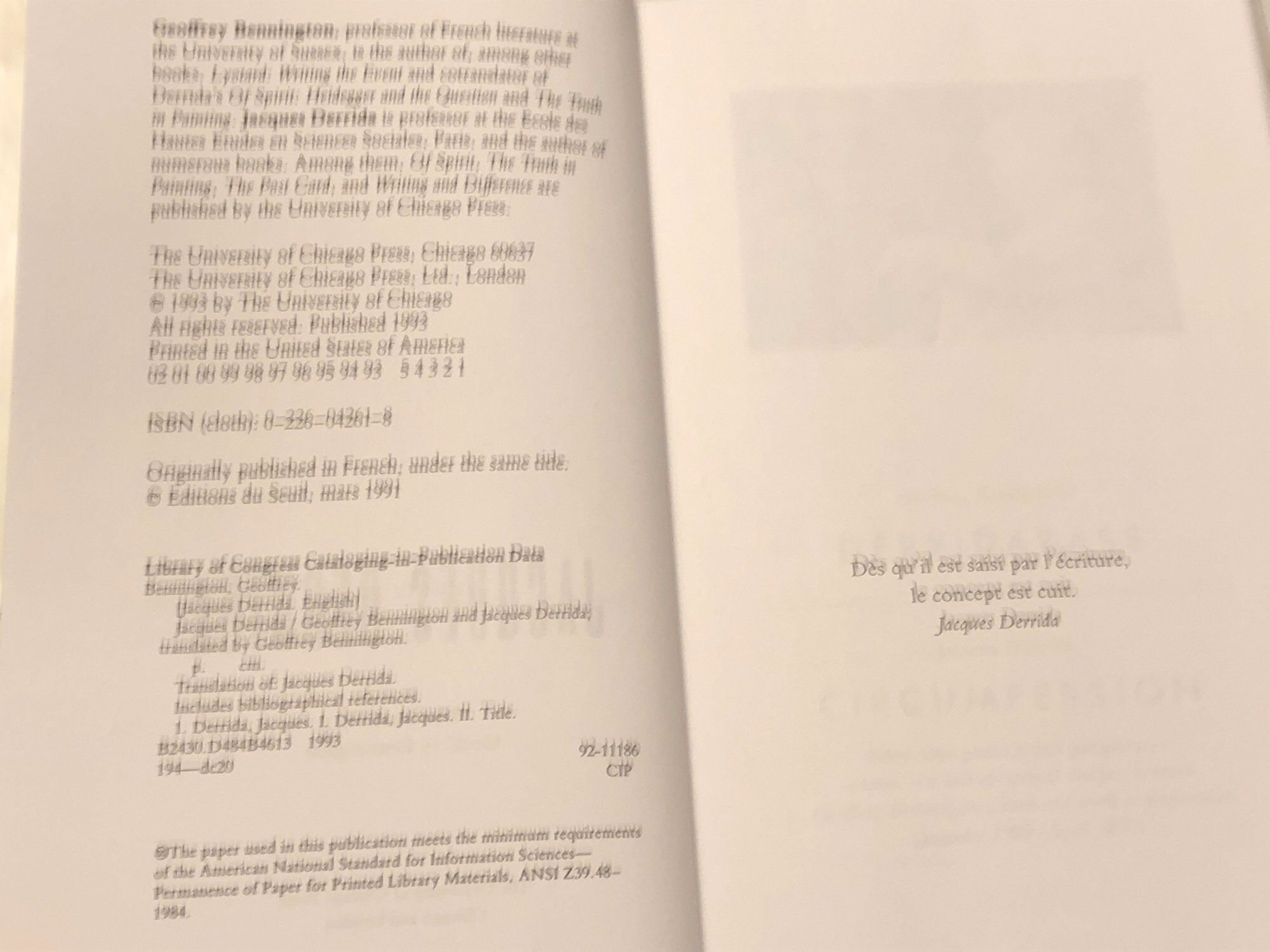

This is, however, precisely a question of the well-known belief, which is also to say, the stupid belief, that Deleuze – and Nietzsche – oppose Hegel. My citation of Hegel to support a proposition by Deleuze no doubt seems surprising. The commonest way in which we deceive either ourselves or others about understanding is by assuming something as familiar, and accepting it on that account” (Hegel, Phenomenology of Spirit §31 translation modified). “Quite generally, the well-known, just because it is well-known, is not cognitively understood. I have previously commented on this remark by Zabunyan in Stiegler, Uncontrollable Societies (24). This is what became clear to Freud in 1920.

The fragmentary and incomplete character of these notes and sketches, however, prevents going further here. The link made in this fragment by Adorno and Horkheimer between stupidity and frustrated desire, and which they inscribe here into a perspective that I would call organological, must be analysed as a process of the regression of desire towards the drives.

See also Habermas: “In the transition from the literary journalism of private individuals to the public services of the mass media the public sphere was transformed by the influx of private interests, which received special prominence in the mass media” (53). The spread of this word, malin, particularly in marketing and advertising, which initially referred to the Devil and which has come to designate cunning intelligence and a “wise guy”, is a symptom typical of our misery. This was the year of publication, though it was written in 1944.


 0 kommentar(er)
0 kommentar(er)
